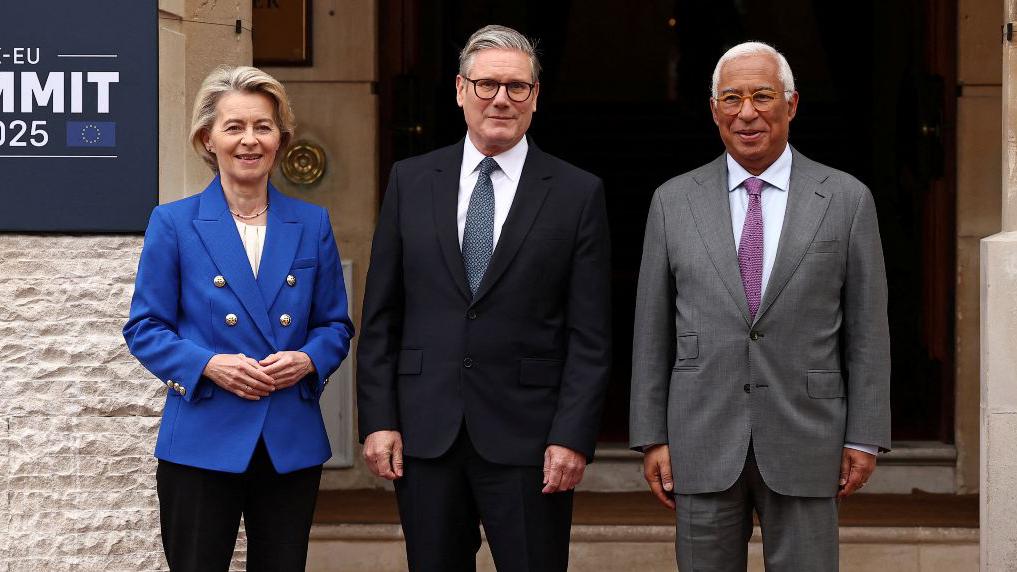
UK Prime Minister Keir Starmer moved closer to resetting relations with the European Union during a key summit on Monday, signaling a potential end to years of post-Brexit tensions. EU diplomats confirmed a deal was reached after late-night talks, overcoming long-standing issues, especially around fishing rights and defense cooperation.
The summit, held at Lancaster House in London, saw Starmer meet with top EU leaders, including European Commission President Ursula von der Leyen, European Council President Antonio Costa, and EU foreign policy chief Kaja Kallas. The most notable outcome was the establishment of a “Security and Defence Partnership,” marking a significant step toward closer military and security collaboration.
Additionally, two other documents were set to be signed: a joint statement of solidarity and a Common Understanding addressing trade, fishing, and youth mobility. Under the new deal, the UK will allow continued EU fishing access for 12 years after the current agreement expires in 2026, while the EU has agreed to ease restrictions on UK food imports indefinitely, a key win for British exporters.
On youth mobility, the deal includes a broad framework, with detailed talks to follow. While there’s caution in the UK about any arrangement resembling the return of free movement, officials are open to a controlled scheme allowing 18- to 30-year-olds to study and work across borders.
Starmer’s Labour government, which took power in July 2024, has been critical of the existing Brexit deal, claiming it benefits neither side. However, the prime minister has firmly ruled out rejoining the EU’s single market or customs union.
The talks are happening against a backdrop of increasing geopolitical concerns, with both the UK and EU strengthening military preparedness in response to Russian aggression and uncertainty over US commitments to European security. The new defense partnership could eventually allow the UK to take part in EU military operations and access a €150 billion European defense fund.
While defense cooperation was seen as the least contentious area of the discussions, experts have urged caution. Olivia O’Sullivan from Chatham House warned that this is just one step toward closer cooperation, not a full resolution of ongoing issues.
Nick Thomas-Symonds, the UK’s Europe Minister, emphasized the importance of reducing red tape at the border, particularly for perishable goods. He also highlighted efforts to create a fast-track customs lane for British nationals traveling to the EU.
Despite progress, Starmer faces political opposition at home, particularly from the Conservative Party and the anti-immigration Reform UK party, who view the EU rapprochement as a threat to Brexit’s core principles. Nonetheless, the Labour government seems committed to recalibrating the UK’s relationship with Europe while maintaining key Brexit ideals.
